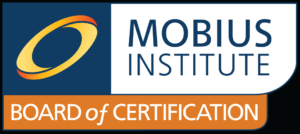This course covers various important topics, including maintenance strategies and the importance of lubrication, the science behind lubrication, the formulation, and properties of lubricants, and how to select and apply them. It also addresses lubricant contamination and condition control, proper storage and handling, and methods for sampling and analyzing lubricants. By completing this course, one will gain the skills and knowledge needed to effectively choose, store, filter, and test lubricants, thereby improving machine reliability.
Please note that the course duration is five days, plus an additional day for a remote session.

The exam and the associated certification are provided by Mobius. Baker Hughes can provide a proctored environment for the paper or online exam.
Would you like more information or want to register for the course? We can help to facilitate the best training experience for you and your team with onsite, classroom, remote learning, and other options available.